MS-LS2-2
Construct an explanation that predicts patterns of interactions among organisms across multiple ecosystems.
-
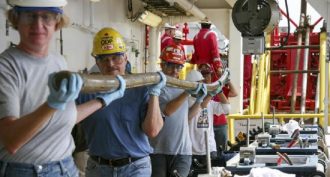 Microbes
MicrobesLife’s ultra-slow lane is deep beneath the sea
Biologists had suspected the deep seafloor would be little more than barren sediment. But they found a surprising amount of oxygen — and life.
By Beth Geiger -
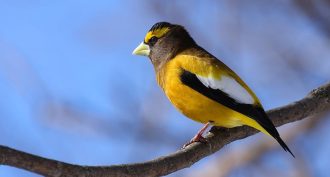 Animals
AnimalsFinding out why birds are out of range
Sometimes people see large numbers of birds outside of their normal range. A student examined how to predict these excursions.
-
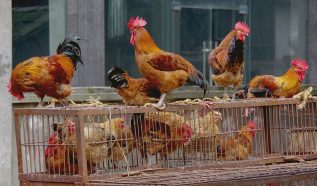 Health & Medicine
Health & MedicineChickens spread latest deadly bird flu
A new bird flu virus threatens to spread outside of China. Experts traced the germ to markets where live chickens are sold.
-
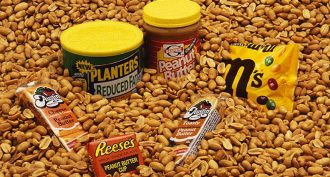 Health & Medicine
Health & MedicinePeanuts for baby: A way to avoid peanut allergy?
Making peanut products a baby food could head off life-threatening peanut allergies later, new data show.
By Nathan Seppa -
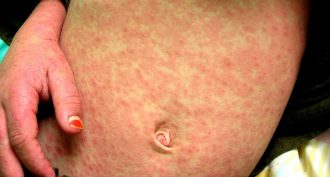 Health & Medicine
Health & Medicine10 things to know about measles
Many people think that the measles vaccine wiped out the disease — at least in the United States. It hasn’t. And people who were never vaccinated face the primary risk of getting this very serious disease
-
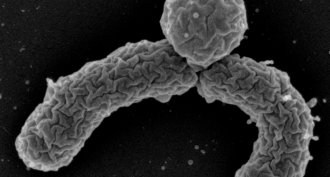 Health & Medicine
Health & MedicineNew germ fighter turns up in dirt
Scientists have found a compound in soil that can kill the microbes that cause anthrax, tuberculosis and other diseases.
-
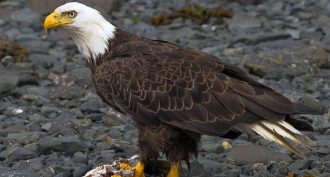 Ecosystems
EcosystemsScientists say: Biomagnify
Chemicals in the environment can build up in an animal’s tissues. Predators who feed on these animals can accumulate more and more of the pollutants, a process known as biomagnification.
-
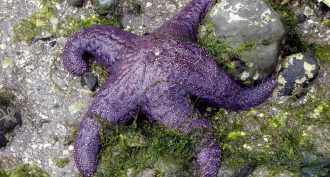 Microbes
MicrobesVirus blamed in starfish die-off
A virus may explains the deaths of millions of starfish along the Pacific Coast of North America. The deaths affect 20 species. Some of the stricken animals appear to melt into puddles of slime.
-
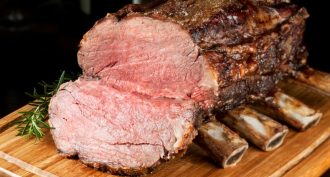 Microbes
MicrobesHow ‘bugs’ in our bellies impact our health
Gut bacteria can play a powerful role in human health, new studies show. In one, bacteria turned a nutrient in red meat into a chemical that boosts the risk of a heart attack. Another study shows that our genes play a role in whether we are fat or thin, probably by affecting which bacteria prefer to live in our intestines.
-
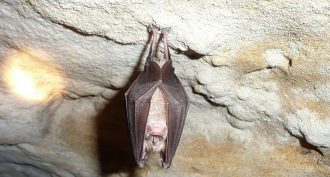 Animals
AnimalsScientists seek bat detectives
Bats emit high-pitched calls in the night to find their way around. A citizen science project is eavesdropping on these calls to probe the health of ecosystems.
-
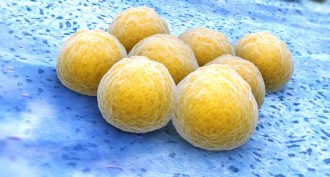 Microbes
MicrobesGerms help each other fend off antibiotics
Drug-resistant bacteria can cause persistent infections. A new study finds these germs fight drugs in different ways. And they can swap various compounds, increasing their neighbors’ chances of overcoming the drugs meant to kill them.
-
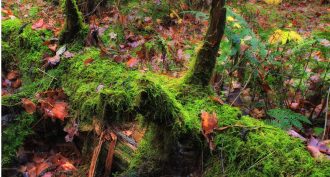 Microbes
MicrobesRecycling the dead
When things die, nature breaks them down through a process we know as rot. Without it, none of us would be here. Now, scientists are trying to better understand it so that they can use rot — preserving its role in feeding all living things.